The science and sense of giving your kids more control over their lives.
Subtitle
I just looked down and saw a pathway of white, mysterious drip marks down my blouse. Earlier, I ate two pieces of pizza after I already ate two pieces of pizza that I did not want to eat. My teen son “pranked” his friends by telling them I was in a car accident and my phone started buzzing, “are you okay?” the moms texted while I peed with teeth brushers in the room. Then I grounded my eight-year-old because we both know I will forget; we both know it’s an empty threat I throw when I just want to be alone.
I fondly remember all four of my babies following me around like little ducklings; now I am no longer a waddling, patient mother but an orb-web spider spinning my web and waiting for four free flyers to get caught in it before I suck them dry. A hen to an arachnid. Clearly, my parenting has drastically changed with my son’s voice. This is why I placed The Self–Driven Child on hold; I need help.
The Self–Driven Child is designed for a monetarily rich reader in a competitive parent environment; an environment foreign to me. Bill and Ned unintentionally teach the lower-income reader about the socio-economic divide: some parents have too much time and money on their hands to control the lives of their children if they are not already drowning in crisis and poverty. However, much of the content is accessible and I particularly enjoyed the brain science, personal stories, and the what to do tonight list at the end of every chapter.
Bill and Ned remind the reader that parents are not in control; control is an illusion and we need to allow children to accept themselves. Tell children, “It’s your call.” Let children make choices and feel consequences. The authors provide countless studies and cite new research while sharing personal stories from their professions as child psychologists. I found the chapter on how to parent children diagnosed with autism spectrum and ADHD particularly enlightening.
Thank you, Bill and Ned, for reminding me to listen to my children. And thank you for this quote: “It takes courage to trust a child to make decisions, to trust in a child’s brain development, to ignore the pressures that cause us to protect our kids from themselves, or to be overly involved in their lives. It takes courage to face our fears about the future. It also takes humility to accept that we don’t often know what’s in our kids’ best interest. It takes change in mindset to focus on ourselves – our own emotions and attitudes – as an extremely important element of our child-rearing” (321).







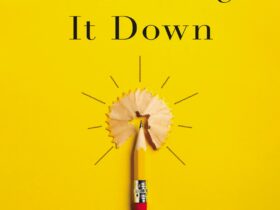







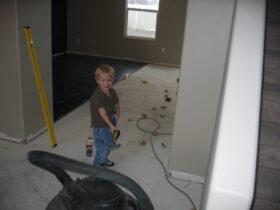




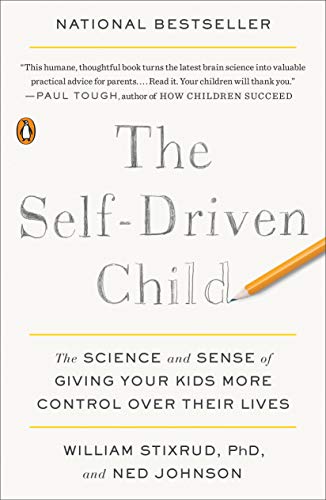
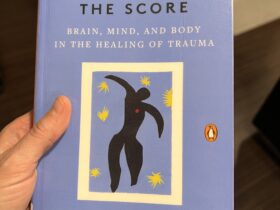


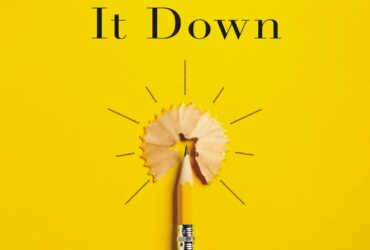




Leave a Reply